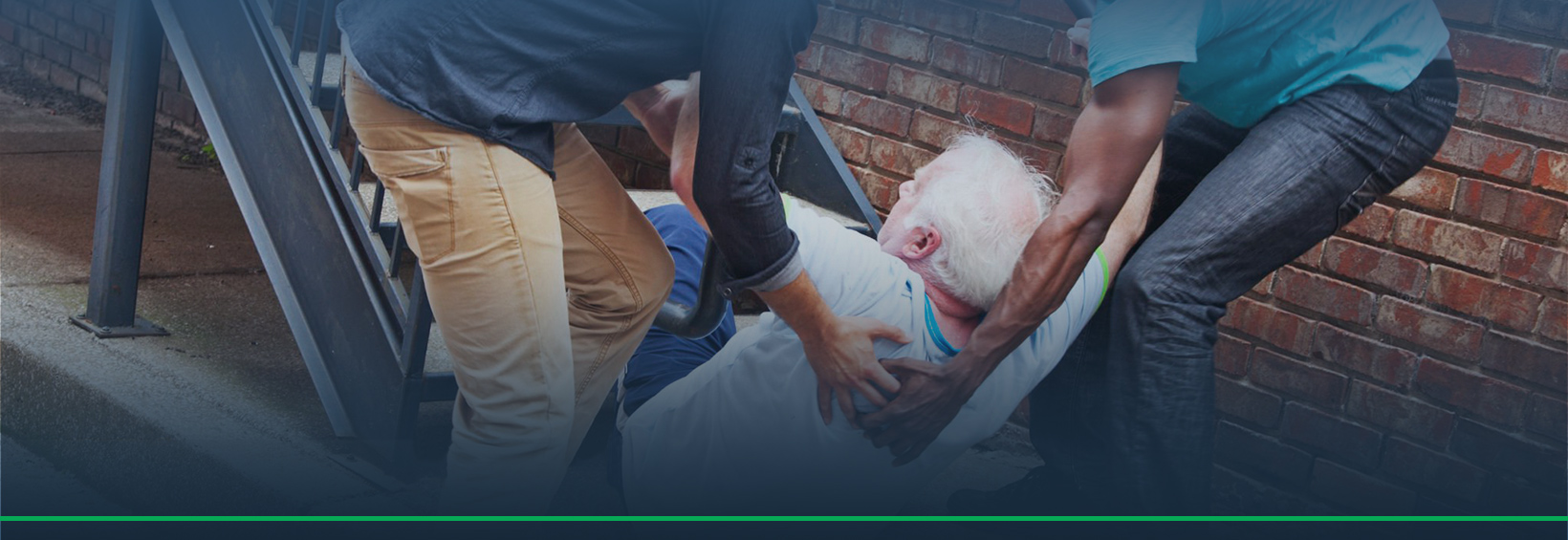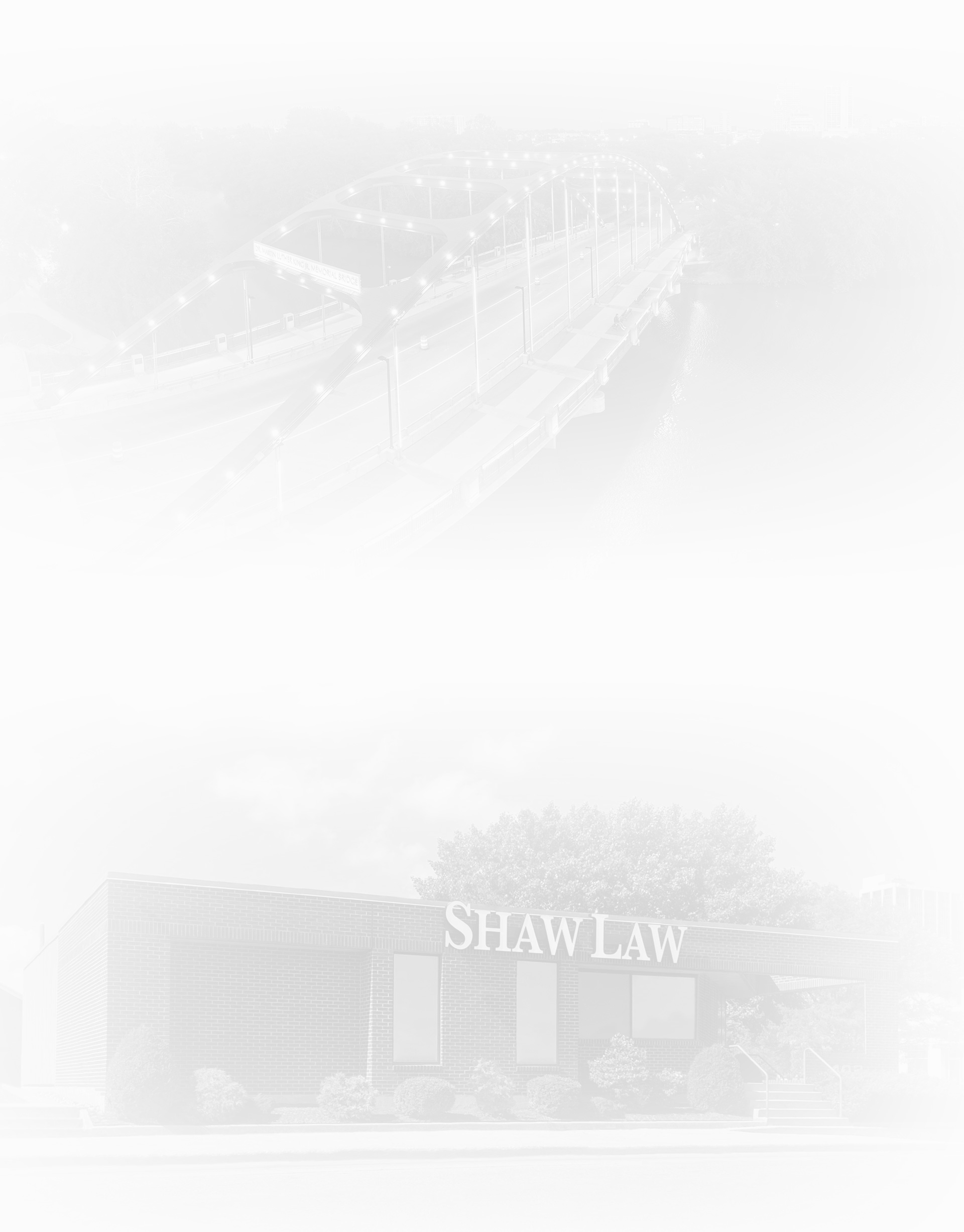
Gas Stations
Slip and Falls at Gas Stations and Convenience Stores
Gas stations and convenience stores are staples of Indiana life.
There are tens of thousands of these facilities throughout Indiana and each of them has their own particular way of handling customer safety -- especially during snowy and icy weather. Some are very professional; others are not.
Our attorneys have handled slip and falls cases against many convenience stores and gas stations in Indiana.
These cases involve slip and falls both in the parking lots outside the store when snow and ice removal or maintenance was not done correctly and inside the store on spills. Sometimes, boxes or shelves collapse upon unsuspecting customers.
Most convenience stores and gas stations have guidelines and employee training to prevent such matters from occurring.
Oftentimes, convenience stores and gas stations have contracts with local snow plow companies to salt and plow snow and remove ice from the parking lots. A careful examination of these contracts is necessary to know whether the provisions were followed correctly.
Like most convenience stores, the greatest number of slip and falls occurs just inside the doors, where the customers can drag in wetness or water during snowy or rainy weather. Many convenience stores do not handle this dilemma properly (I've even seen one store just place cardboard instead of a liquid-resistant mat inside the doors - of course, it became wet and injured a young girl).
Gas stations with convenience stores are often those types of businesses in Indiana that follows the "better safe than sorry" theory of warning signs placement. They often place "wet floor" warning cones or yellow triangle warning signs near the entrances of the store or next to the ubiquitous coffee and self-serve soda fountains at all times -- regardless whether the floor is wet or dry.
You might ask yourself -- "why would a business place a warning cone or yellow warning sign on a dry floor?"
The answer is simple -- convenience stores and gas stations are practicing "prophylactic slip-and-fall defense law" = just in case anybody falls and is injured, the defense lawyer will assert a defense that the "plaintiff should have discovered" the dangerous condition of the floor. (This is one of the Indiana affirmative defenses to slip and falls based upon the current state of Indiana law which follows the Restatement, 2d definitions of premises liability and landowners' duties to customers).
It's a sneaky trick and it is often used effectively during jury trials by unscrupulous fast food restaurants (I've also seen many convenience stores use this tactic, too).
In those instances, Shaw Law typically responds with the argument that if a warning cone or yellow warning sign is placed 24/7 on dry floors, then the warning isn't truly a warning at all, but rather a defense strategy. This testimony is sometimes elicited through premises liability expert witnesses and other times through "human factors" expert witnesses who can explain to a jury the impact that warnings -- fake and real -- have upon the human mind in a psychological nature.
Our attorneys have read literally dozens of these contracts and contacted several experts throughout the years to give an opinion as to whether the injury suffered was preventable.
Common Locations
- Luke & Oil Gas
- 7-Eleven
- Speedway Gas
- Circle K
- BP
- Marathon Gas
- Family Express
Contact us today to investigate your convenience store or gas station slip and fall injury.
